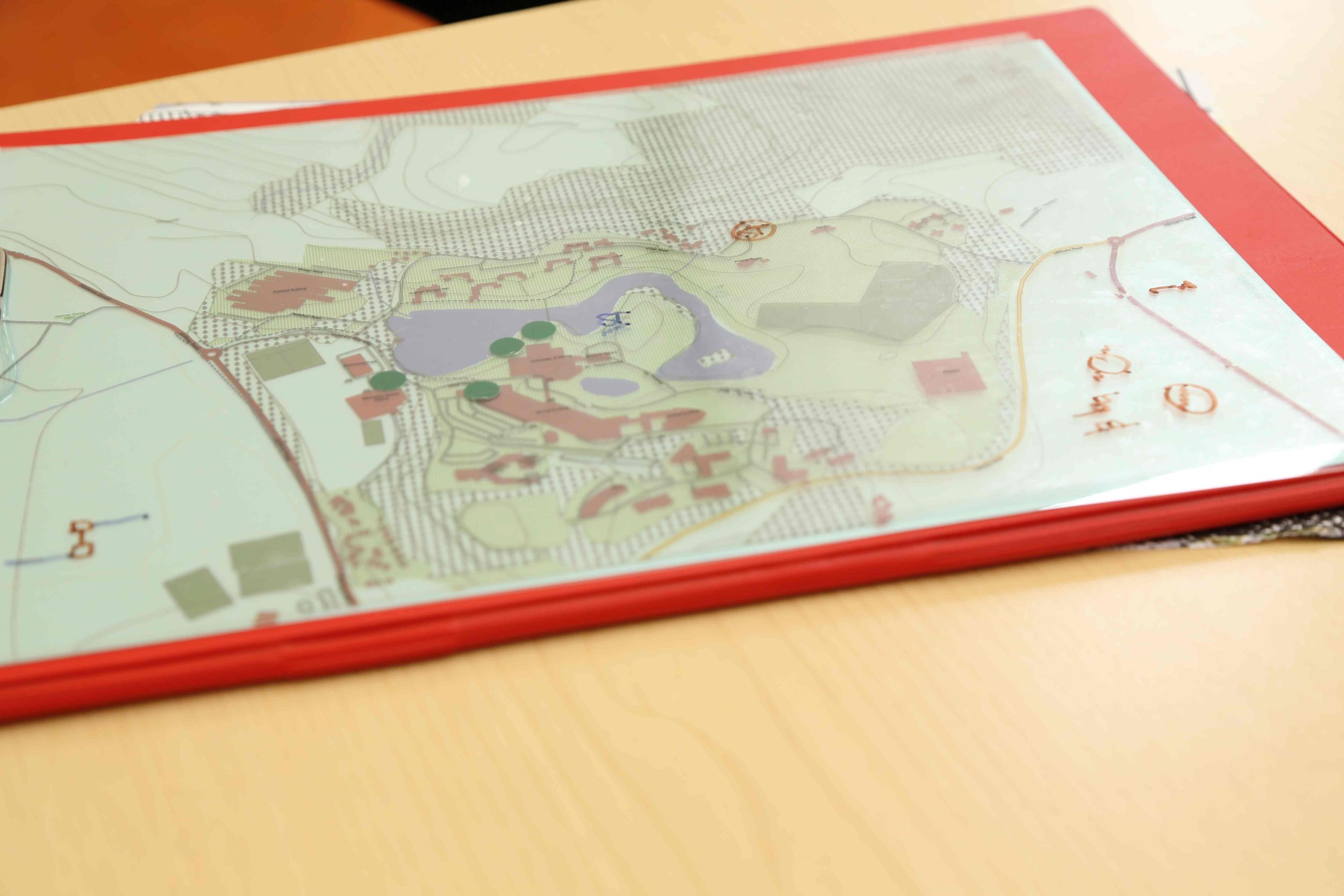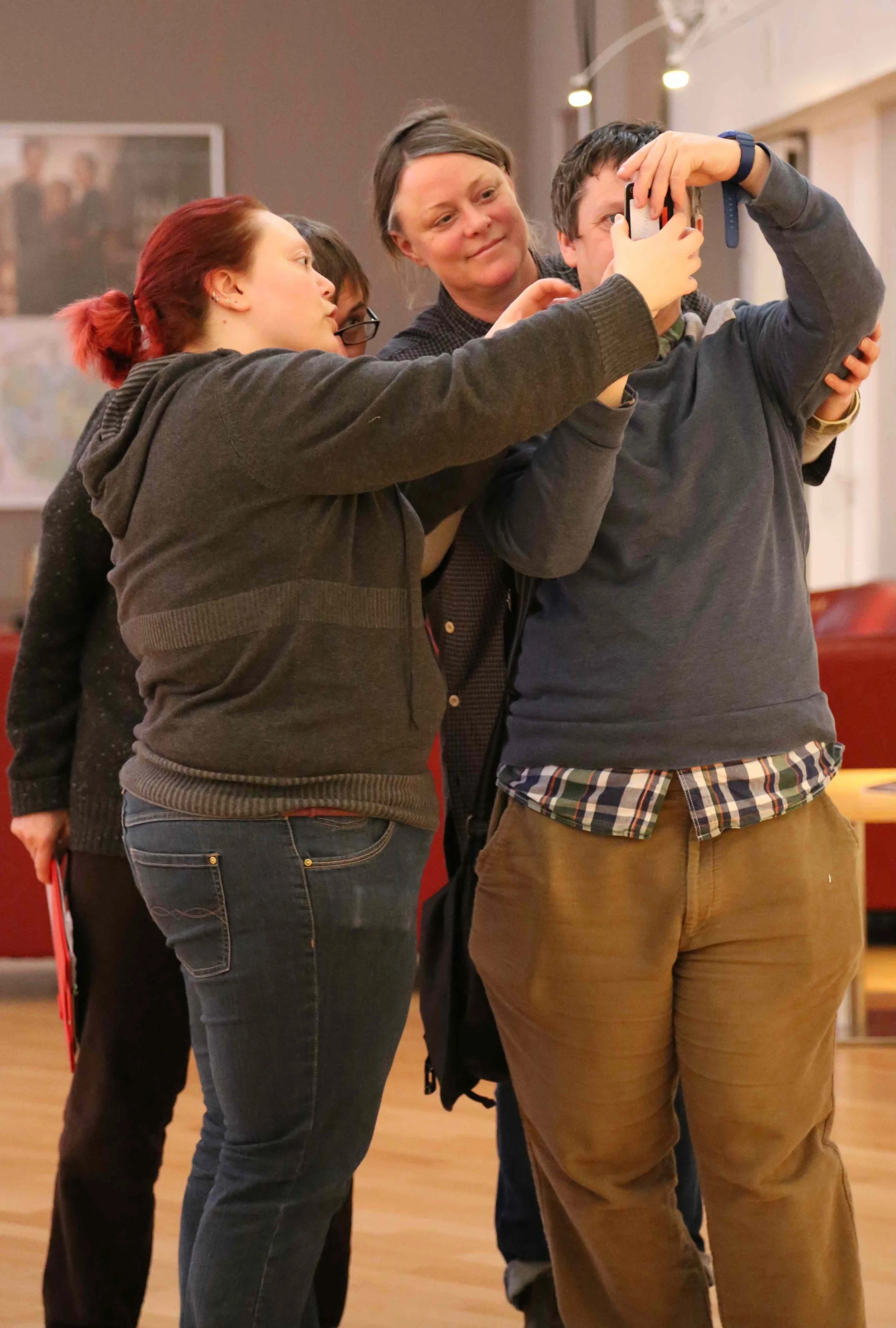
SPATIAL MEMORIES
Spatial Memories was a digital design project, researching how mobile Apps, with spatially aware reminders, hints, checklists and personalised interface, can enable people with disabilities to become more independent.
Year: 2014
Video documentation: Spatial memories film by Emma Bowen (10:05mins)
Spatial Memories was a creative research collaboration between Edinburgh College of Art (University of Edinburgh) EDINA, and Artlink Central. The project team developed a proof of concept smartphone App that allowed users to record oral instructions, make text and audio notes, capture images, and associate these with locations, routes and activities. The App could be personalised through a web based authoring framework, which supported the creation of bespoke maps and a customized App interface.
The development process involved the active collaboration of end users, designers, artists and engineers, working together in collaborative design events. Facilitated by Artlink Central, a leading agency in participatory arts, the events brought together artist researcher Beverley Hood, engagement artist Sharon Quigley, EDINA software engineers and a group of creative participants from the Abrupt Encounters project.
Iterations of the App were developed in response to participatory, collaborative design sessions at the Macrobert Arts Centre, Stirling, using its surroundings and the wider city of Stirling, as locations for participants to create a series of ‘spatial memories’. The process of active collaboration enabled the users to provide immediate feedback on the App, and the software engineers to implement working improvements in situ. The active participation and immediacy of interaction between users and engineers, bridged by the expertise of the artists, afforded the ability to make iterative changes to the app and was key to tailoring the App development to the needs of the specific user group.
To support this specificity, the accompanying web-based authoring tool was developed to enable users with minimal technical knowledge to adapt and customise the App to meet the needs of an individual. The App interface design themes (layout, colour schemes) and interaction mechanisms (e.g. touch vs. voice) and map content (de-cluttering symbols and colours) could all be changed. The aim was to improve the user’s confidence in different working and learning environments and assist people with disabilities to live more independently.
Funded by: Spatial Memories was one of eight projects to be awarded funding as part of the Small Business Research Initiative (SBRI) programme’s ‘Good to go’ competition, managed by Jisc TechDis, a leading UK advisory service on technologies for inclusion. ‘Good to Go’ aimed to increase independence in unfamiliar or challenging environments by giving people easy access to the information they need, when they need it.
Photography by: Emma Bowen













